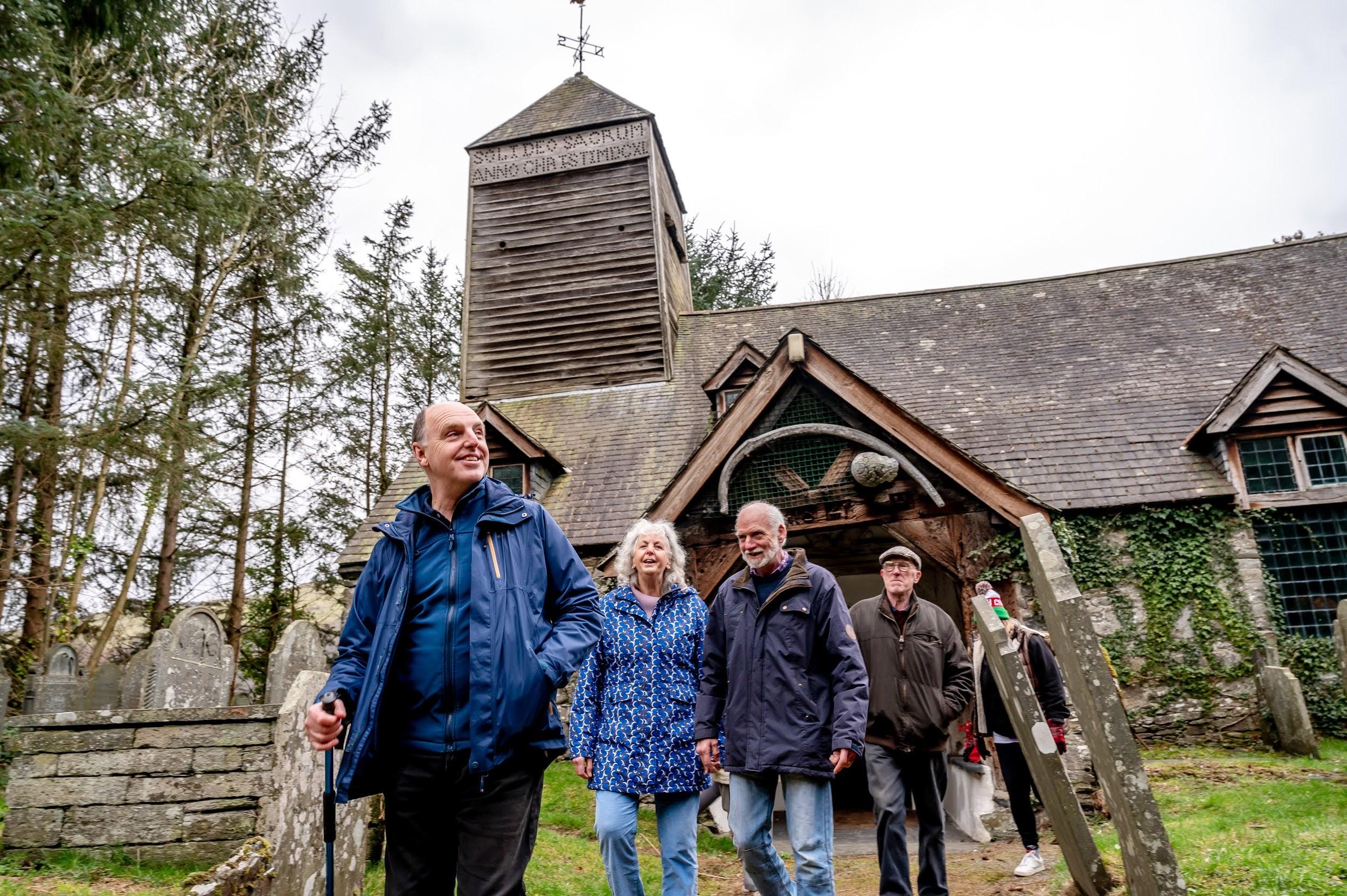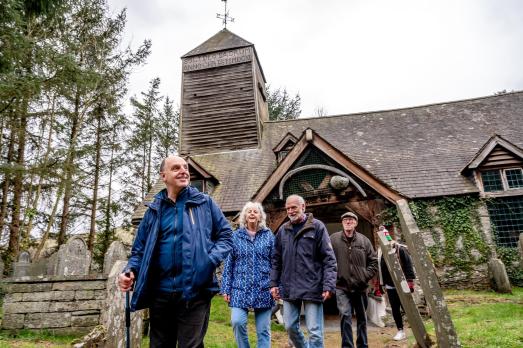For hundreds of years churches, chapels and meeting houses have provided support to the local communities in which they are rooted. Whether in large city centres, bustling market towns, quiet rural villages, or windswept coastal hamlets, church buildings provide a space for those seeking quiet reflection. They provide a warm welcome, a place to worship, somewhere to admire the nation’s history, and offer vital community services to those in need.
With the world reeling following a global pandemic, conflict and political change in Europe and the worst economic shock for decades, there has never been a more important time for the support that churches give. Following the decline of High Streets, and increasing climate and societal change, communities are seeking a positive future. Church buildings find themselves playing a significant role in placemaking, adapting to changing needs, and providing a whole range of support and services to their communities. Serving as ‘cool’ places as temperatures rise excessively in the summer, and ‘warm’ places to shield the needy as energy prices hit record levels, churches are there for all people at all times.
But just at this time of increased need for church buildings, many churches find themselves in a parlous state, with growing repair bills, leaking roofs, crumbling stonework and struggling to pay for the work needed to maintain a warm and weatherproof building. Despite a desire to keep their church building open and in good repair, a small band of willing volunteers often find that caring for a substantial heritage asset is beyond their abilities.
Some denominations are reassessing their church buildings, considering which are viable and economical to repair and maintain. As funding and incomes decrease, essential services are prioritised over beauty and culture. Heritage can be seen as too expensive, and many churches face potential closure.
It is in this context that we are engaged in a strategy designed to help churches, volunteers and communities. The National Churches Trust wants to keep these amazing and wonderful buildings open and in use. We are looking at how, as a relatively small, but influential national charity, we can partner and collaborate with other key organisations, and play our part in helping churches UK-wide to become sustainable and viable.
Over the last four years our Building Resilience strategy has helped over 6,077 volunteers charged with maintaining and protecting church buildings to benefit from our experience, advice and support. We have shared our expertise and made 976 grants to church buildings needing help, enabling them to remain open and in use, with solid sustainable futures. Launched in our 70th anniversary year, our For Churches strategy will build on our impressive track record.
For Churches will guide our work from 2023-2026 but look even further ahead to 2030 and the needs of churches in the next decade. Focussing on three themes, our strategy aims to Build Up, Open Up and Speak Up for church buildings, chapels and meeting houses in all four countries of the UK.


